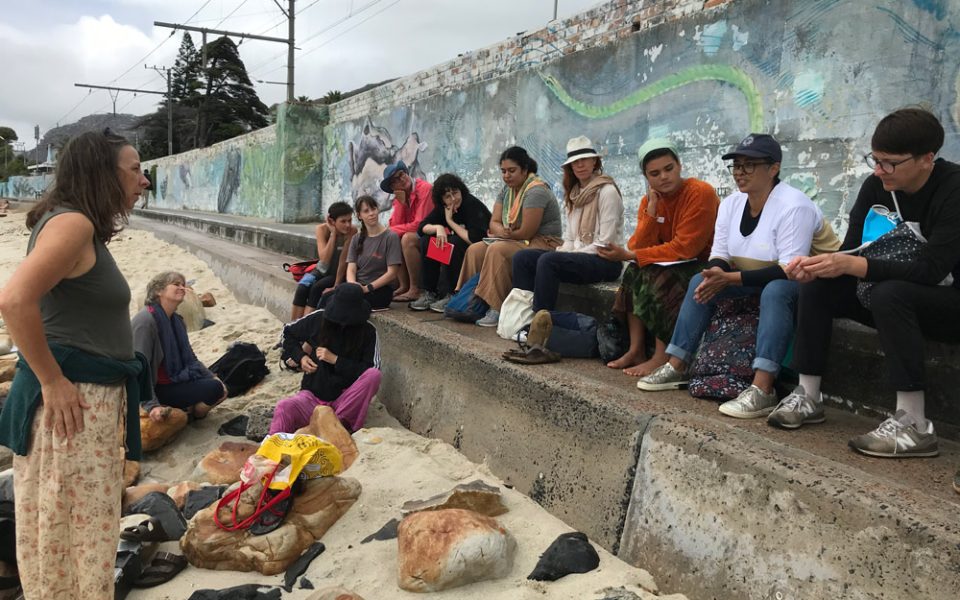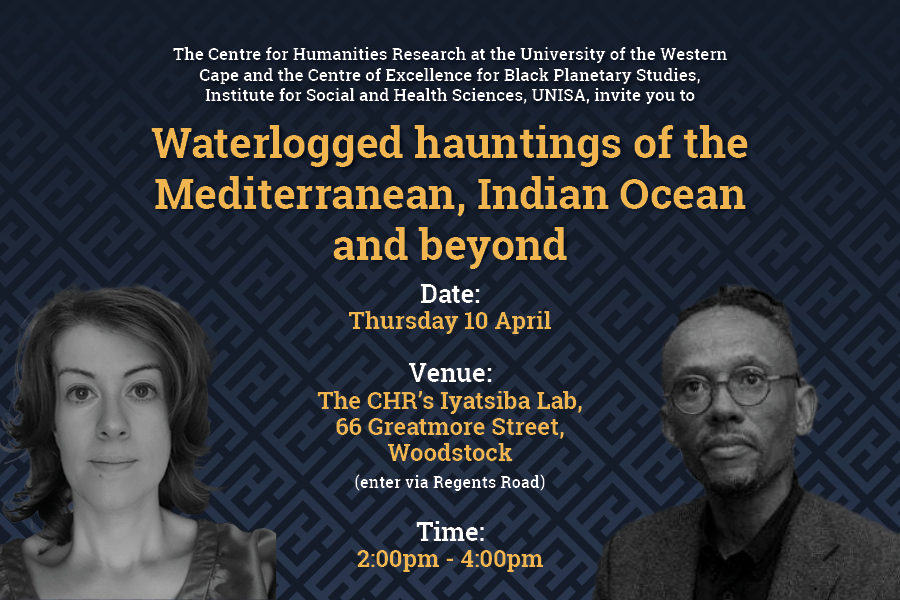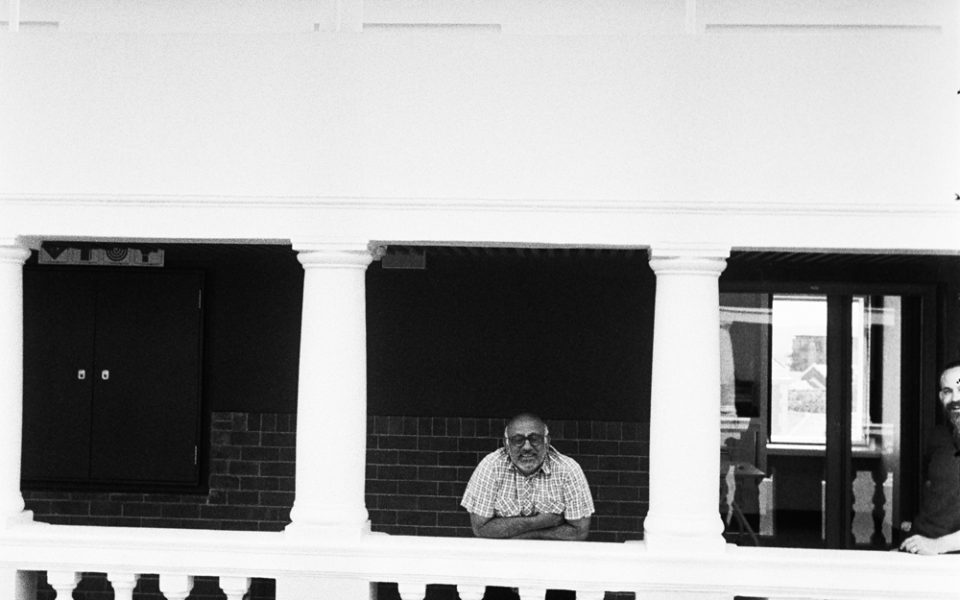Publication announcements: Fernanda Pinto de Almeida and Ross Truscott
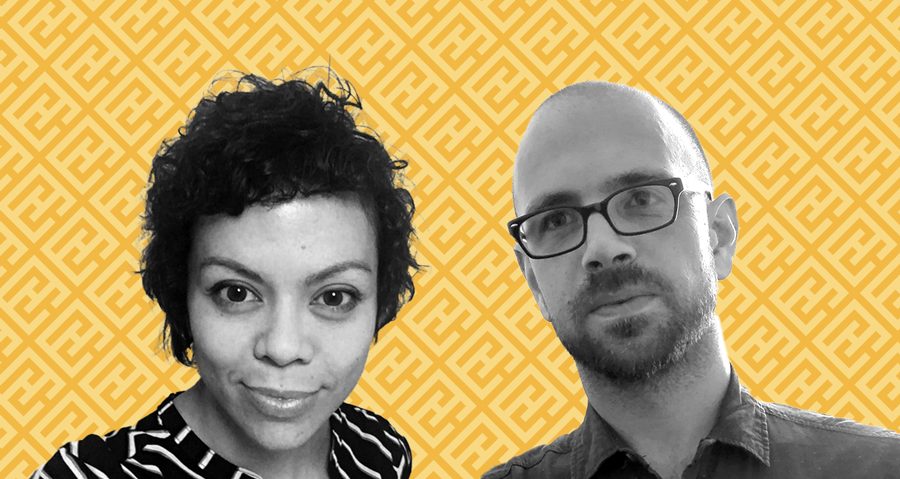
Publication announcements: Fernanda Pinto de Almeida and Ross Truscott
The CHR is delighted to highlight recent publications by Fernanda Pinto de Almeida and Ross Truscott.
A humanities inquiry informed by location and history lends itself to asking pertinent questions from the South that will have significant impact for locating intellectual traditions in Africa in a global discourse on the contemporary human condition. The CHR is a humanities centre responsive to nurturing a discourse on the concept of the post-apartheid and explores the relationship between the human and technology in our contemporary world, especially as this relates to rapidly transforming notions of society and politics.
One of the ways in which these principles are reflected at the CHR is through research carried out by CHR fellows and staff, and we are delighted to highlight these recent publications by Fernanda Pinto de Almeida and Ross Truscott.
See below for Fernanda’s and Ross’s abstracts and the CHR website for more details about our research programmes and other publications.

Fernanda Pinto de Almeida, A “Poor Man’s Pleasure”: The Cinema House and Its Publics in Twentieth Century South Africa’, Critical Arts, 20 January 2023.
What do cinema houses have to tell us about the experience of collective leisure in early twentieth-century South Africa? This article considers how the cinema house points to unprecedented social conditions that allowed the emergence of new publics. Drawing on scholarship on the development of cinema in South Africa, the article considers how the historical transformations through which the cinema has passed since the 1910s suggest attempts to domesticate the space of projection of the cinema as well as the formation of new cinema audiences. Diverging from readings of the cinema in South Africa that focus on film, the article considers how the cinema house is inscribed in this scholarship as an evocative cipher of incipient publics and as a metaphor for the containment of a new public sphere during the periods of segregation and Apartheid. While today the cinema house no longer occupies the place it once did, the paper concludes with a reflection on recent recreations of the space of the cinema in two South African art installations. The restaging of these cinemas offers a way into the making of a collective space and the kinds of distinct publics they forged.
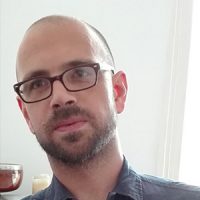
Ross Truscott, ‘Audit and the Unconscious: Managerialism’s Memory Traces.’ Social Dynamics, special issue on Apartheid and the Unconscious, R. Truscott and M. van Bever Donker (eds.).
This paper takes J.M. Coetzee’s “The Mind of Apartheid” as a point of departure in thinking about audits in universities. Using the psychoanalytic framing of apartheid that Coetzee puts in place, audit is likened here to a form of obsessional neurosis. If this is indeed a plausible diagnosis of audits – and this should remain a question for deliberation – then a set of questions emerges for post-apartheid universities, which the paper seeks to develop. By what scenes from the past are audits haunted? What memory traces do audits reactivate? What phantoms do audits seek to exorcise? Can we speak of the demons by which auditing is possessed? And what sort of working through the past would this call for?


